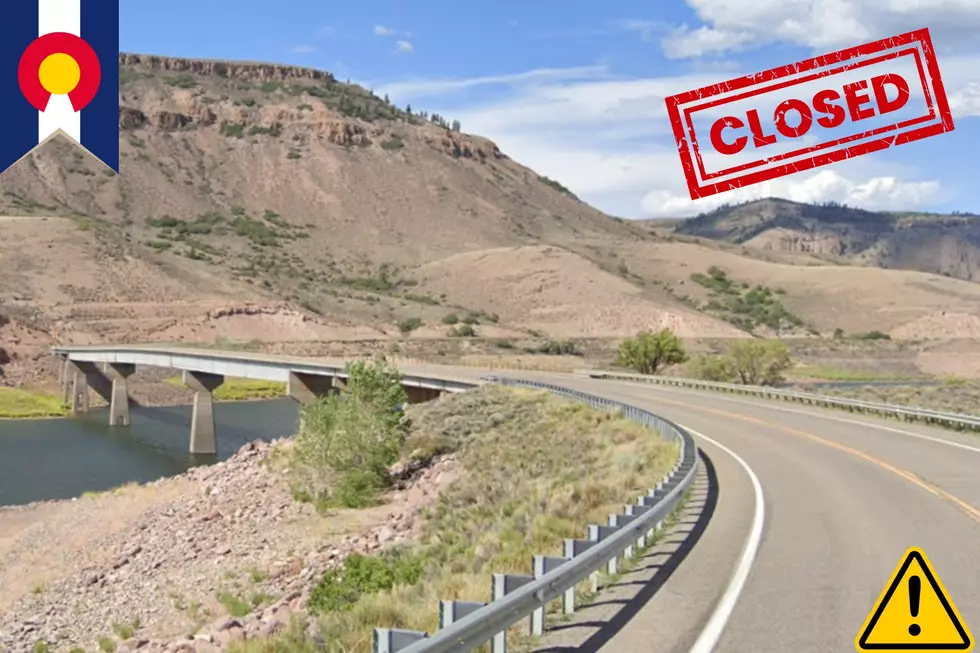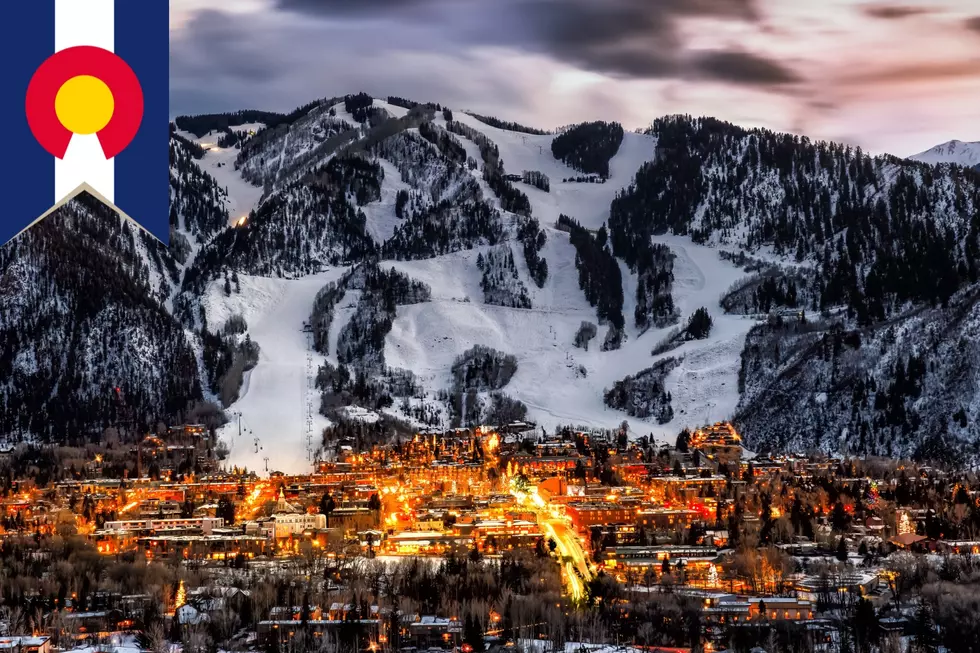
Can a Colorado Resident Really Retire at 56-Years-Old?
Are you hoping to retire sometime soon? If you're living in Colorado, you'll be pleased to know you're living in the state with the fourth-lowest realistic retirement age.
GOBankingRates calculated the realistic retirement age for each state in the nation. How do we look in Colorado? We came in fourth with the age of 56 years. How much money will you need to have on hand to retire at 56? You'll only need a measly $908,357.
How do other states compare to Colorado? Well, if you live in Alaska, you can plan on working until you're at least 64. Those in California are looking at 66. Hawaii comes in at 74, while Maine has a realistic retirement age of 65.
I'm staring down the barrel at my 50th birthday. Am I on course to have $908,357 saved up in the next six years? My savings account and 401K are looking at me and saying "Ha ha ha ha ha, that's funny. Do you know any other jokes?"
This, unfortunately, is an area where I get easily frustrated. How precisely does one retire? In the grand tradition of Waylon, I'm making every effort to make this more difficult than it has to be.
I've had several friends retire in their 50s. Another friend just retired at 63. Yet another friend retired at 65, only to discover he would have been wise to have retired three years earlier. Retiring earlier would have saved him money in the long run. How does one pull this off? This is where the 2020 study by GOBankingRates comes in.
Let's check out the rundown from GOBankingRates. In order to determine how long it would take workers in each state to save enough money to meet the state's ideal savings target, they assumed the following:
- Workers started work at age 22.
- Workers followed the 50/30/20 rule — allocating 50% of personal income to necessities, 30% to wants and 20% to savings.
- Of the 20% of the income that went into savings, 14% was put in a typical savings account and 6% was put into a 401(k) with a 50% employer match (up to 3%). In addition, the average annual return on investments in the 401(k) was assumed to be 5%.
This looks great on paper. There is, however, this little matter of "reality." How many people do you know find themselves working 40-plus hours a week, some with a second job, and still struggle to wind up at "zero" at the end of the month? Most people in my generation are still paying down student loans well into their 40's. Given Colorado's cost of living, it seems impossible for anyone to set aside any savings, let alone 20 percent.
While we are at it, do you know anyone who began work at the age of 22? Most anyone I know started working in their mid-teens.
I'm not disputing the numbers from the study. As stated earlier, several friends from Colorado retired in their mid-50s, using a model similar to the formula presented by GOBankingRates. It seems to me, though, the formula's ratio of expenses to savings is incongruous with what we know of the cost of living in Colorado.
In any event, according to GOBankingRates, Colorado finished strong when it comes to retirement age. Using myself as an example, turning 50 in a couple of months, it appears as though I'm going to miss the mark. I can't imagine retiring in the next six years. To be honest, I don't see myself retiring by 65.

More From 99.9 KEKB - Grand Junction's Favorite Country









